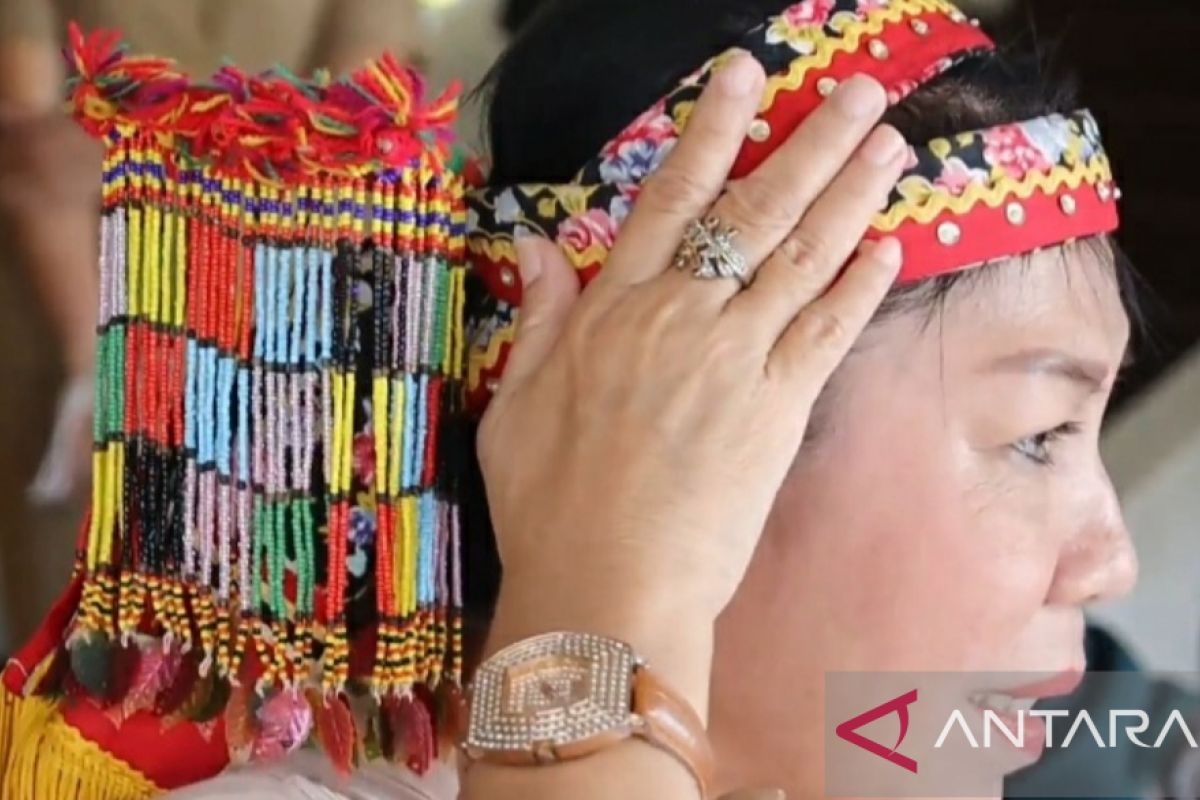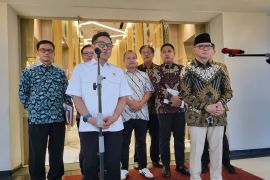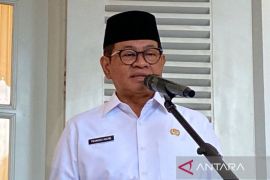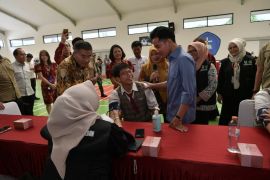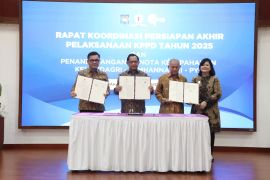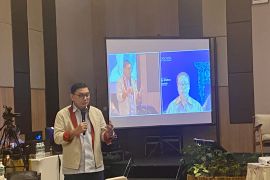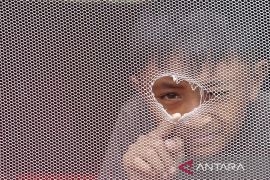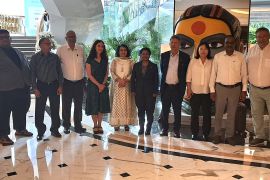"In addition to maintaining its values of local wisdom, this activity is also a form of sustainable education for the next generation so that the tradition of wearing wastra datulu continues to be maintained," the cultural education guide of the museum, Dwi Wulandari Prasetyaningrum, explained in Pontianak on Tuesday.
One of the efforts to conserve West Kalimantan cultural heritage is findings new ways to wear wastra datulu, she explained.
"Wastra datulu is a form of expression and belief of the Dayak Tamambaloh tribe," she said.
She then appealed to all people and the younger generation to not forget their culture as part of the national identity amid the current technological sophistication.
"In today's era of technological advancement, we return to the main function and role of the museum by informing the values of cultural products, and always raise the local creativity of West Kalimantan," she explained.
Prasetyaningrum added that the woven-fabric headband worn by the chief of the Dayak Tamambaloh Tribe has much meaning and philosophy, and its use is adapted to events that occur in the local community.
The Dayak Tamambaloh tribe lives in Embaloh Hulu and Embaloh Hilir sub-districts of Kapuas Hulu district.
Earlier, on June 9, 2022, the museum held an activity to regenerate the dance moves of the Dayak Bidayuh tribe. Prasetyaningrum said this was aimed at preventing their dance’s extinction.
"The activity regenerates the variety of movements contained in the Dayak Bidayuh tribe's dance art," she said.
In Indonesia, the Dayak Bidayuh tribe lives in Bengkayang, Sanggau, Landak, and Sambas, she added.
Related news: Dayak community decides to forego harvest feast over pandemic
Related news: Asian Games - Dayak handicrafts showcased during 2018 Asian Games
Translator: Andilala, Kenzu T
Editor: Suharto
Copyright © ANTARA 2022
